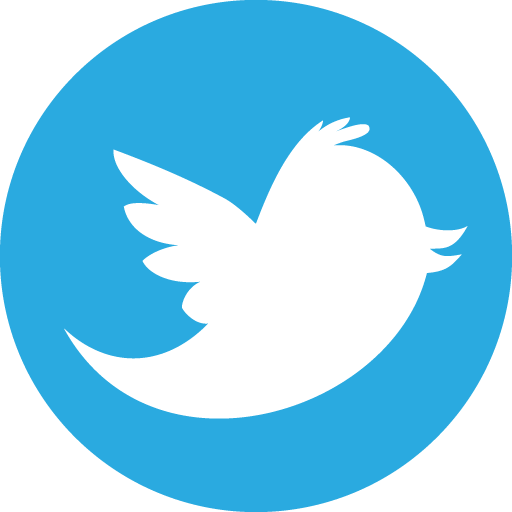Mike Ejeagha was born in August 1932. He hails from Imezi Owa, Eziagu Local Government of Enugu State. His fans call him 'Gentleman'
Not available.
He completed his elementary school education in 1948 before deciding to go into music.
Growing up, he had an Ogene group and during Christmas, they went round to play for people.
He is a folklore musician known for his story telling prowess, using music. He combines research with his mastery of the guitar to tell his stories full of proverbs and didactic message.
His career started after observing two men play the guitar within coal camp in Enugu. One of the men was the late Moses Aduba, popularly known as Moscow, he was from Onitsha and the other was Cyprian Uzochiawa from Oye. He sat beside them watching the way they played the guitar and how they sang and he was enthralled. Soon enough, he began to learn how to play the guitar.
Observing that singing in the native dialect could give him a better identity, he vowed to write and sing using Igbo lyrics like his counterparts Ebenezer Obey and Victor Uwaifo among others.
He formed a group called Mike Ejeagha and Merry-makers as soon as he learnt how to play the guitar well and In 1950, the late Atu Ona, then Controller of the Nigerian Broadcasting Service (NBS) invited him for an audition, eventually giving him a programme titled Guitar Playtime. He started playing for the radio and producing musical programmes. He went on to form a bigger group known as Premier Dance Band.
His hit came in 1960- the year Nigeria got its independence. A folklore music, 'Ofu nwa anaa( the only child is gone)' which was all about an only son who followed the father to the farm and was bitten by a snake and died. The next was 'Okuko kwaa uche echegbuo onye ugwo (when the cock crows the debtor becomes worried)'. He calls his genre of music- Akuko n'egwu and it is a slang among the Igbos to say Akuko n’egwu Mike Ejeagha to a story teller.
During the civil war, they disbanded as a result of the war situation and he started a new programme with Radio Nigeria entitled Igbo Play. He left Enugu and moved over to Umuahia where he stayed till the end of the war all the while going round playing for soldiers.
After the war, he recorded an album 'Omekagu' with Polygram Records when it was called Phillips. The album was a big success.Soon after that, he was invited by the then Anambra Broadcasting Service (ABS), now Enugu State Broadcasting Service ( ESBS) to host a programme titled Akuko n’egwu (story telling in music).
He has released 33 albums and four singles. His albums include - Onye Ndidi n’eli azu ukpo, Udegbunam, Nze bia k’anyi rie nni, Uwa mgbede ka mma, Ofor malu onye ji ya, gwogwom ngwo, Ife m fulu n’ime ofia.
Ejeagha has contributed over three hundred recordings to the National Archives of Nigeria produced during his field work to investigate Igbo folklore highlife music.
In 1963, he lost his first wife. He re-married in 1966 and has 10 children although one of them is dead.
He was awarded a certificate of merit from the University of Nigeria , Nsukka.
His net worth is not available.




Click to view profile
Click to view profile
Click to view profile
Click to view profile
Click to view profile
Click to view profile
Click to view profile
Click to view profile
Click to view profile
Click to view profile
Click to view profile
Click to view profile
4 based on 0 reviews

© 2025 Manpower Nigeria. All rights reserved.